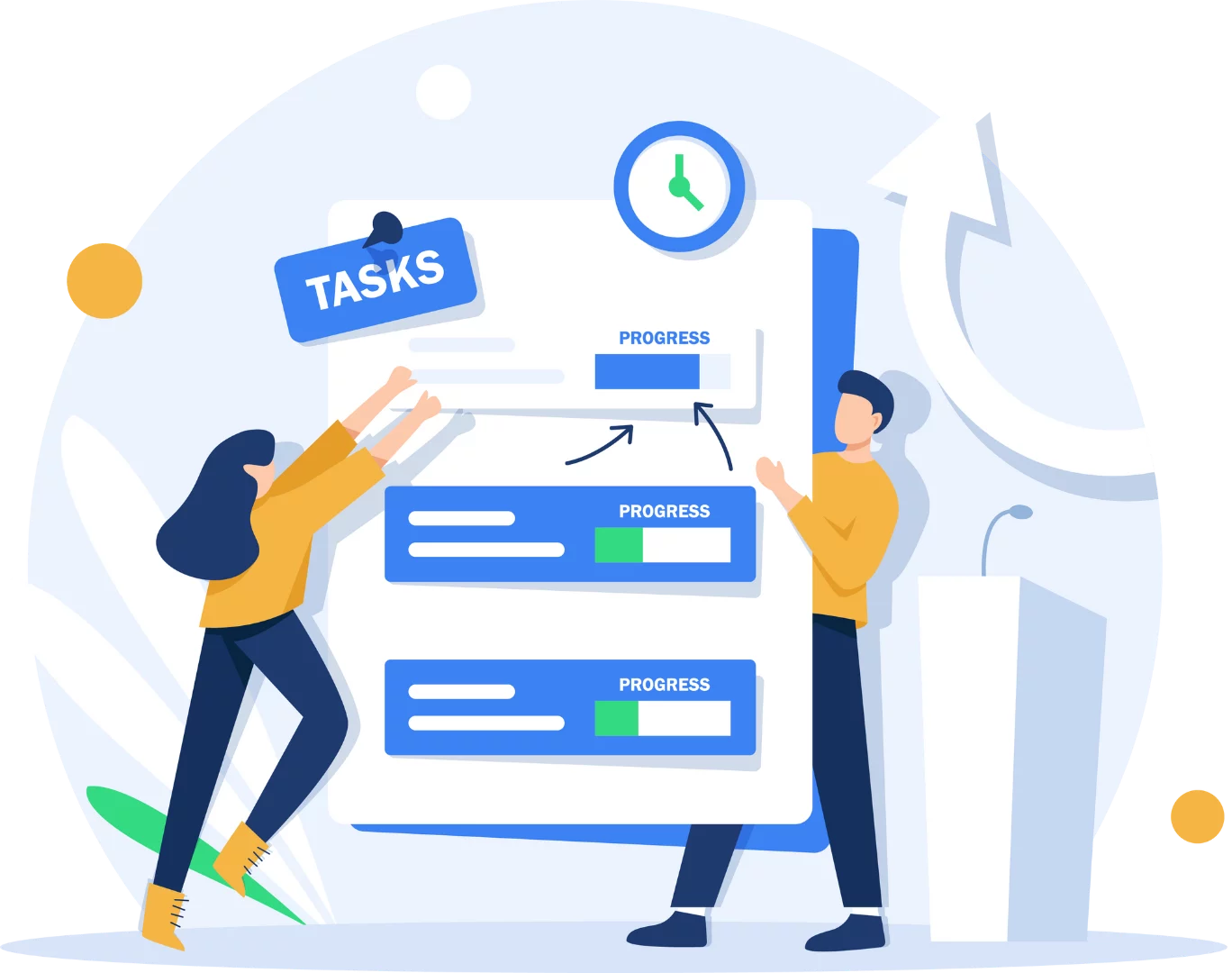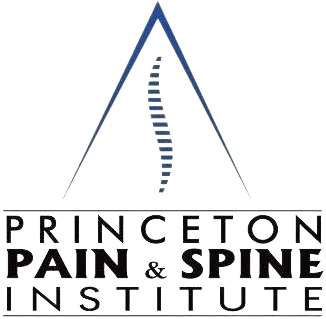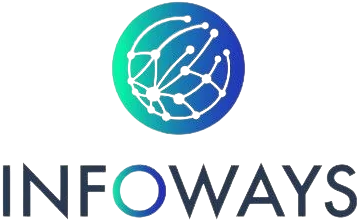
Tax Efficiency for Entrepreneurs
Entrepreneurs often find themselves grappling with taxes as one of their top three business expenses. To ensure tax efficiency, entrepreneurs must carefully consider factors such as choosing the optimal business structure, utilizing deductions and credits, managing quarterly estimated taxes, and planning for retirement while adhering to state and local tax regulations. Seeking guidance from tax professionals and maintaining detailed financial records are vital steps in navigating these complexities. By taking a proactive approach to address these tax-related considerations, entrepreneurs can minimize their tax burdens and allocate those savings toward business expansion and success.
Minimizing Self-Employment Taxes: The S-Corp Advantage
Electing to become an S-Corporation (S-Corp) can be a savvy tax strategy for business owners, particularly those operating as single-member Limited Liability Companies (LLCs). By electing S-Corp status and ensuring that the business owner receives a reasonable salary, the tax landscape can change significantly. The S-Corp structure allows for a portion of the business profits to be distributed as dividends or shareholder distributions, rather than subjecting the entire income to self-employment taxes. While the salary paid to the officer is subject to payroll taxes, the remaining profits distributed as dividends may not be subject to these taxes, resulting in potential tax savings.
However, it’s essential to emphasize that the salary paid to the officer must be reasonable and reflect the fair market value of the services rendered. Tax authorities scrutinize S-Corp owners who try to avoid payroll taxes by paying themselves unreasonably low salaries. Therefore, it’s crucial for business owners to work with tax professionals or financial advisors to ensure compliance with IRS regulations.


Maximizing Retirement Savings for Solopreneurs
For businesses with no employees other than the owner, qualified financial planning can be a game-changer. Options like Solo 401(k) plans and SEP-IRAs provide a unique opportunity to supercharge retirement savings while gaining significant tax advantages. These retirement plans allow business owners to contribute a substantial portion of their income tax-deferred, reducing their taxable income and potentially saving thousands of dollars in taxes. The key is to strategically structure these plans to align with your financial goals and long-term tax optimization strategies, ensuring you’re making the most of this powerful tax-saving tool.
What out clients say about us
Hear from our clients how Factor has transformed their business finances and strategies.





★★★★★
Factor’s proactive approach and personalized solutions have saved me significant tax and most importantly time.
Princeton Pain & Spine

★★★★★
Factor's strategic tax planning has optimized our financial health and unlocked immense tax savings.
Garden State Physicians

★★★★★
Having employees in multiple states can be a compliance nightmare. Factor has taken care of all state and local tax concerns, so we can focus on our business.
Infoways

★★★★★
We have been working with the team at Factor for over 25 years. We can be assured that all of our accounting and tax concerns are completely addressed.
Mainfair Pharmacy
★★★★★
Choosing Factor was one of the best decisions I made for my business. Their support is invaluable.
New Drug Loft
★★★★★
Having a reliable team to handle our business finances is an essential part of our success. Factor is our dedicated partner.
Finch Healthcare
Contact Us
Have questions about Factor? Reach out and we’ll get in touch with the answers!